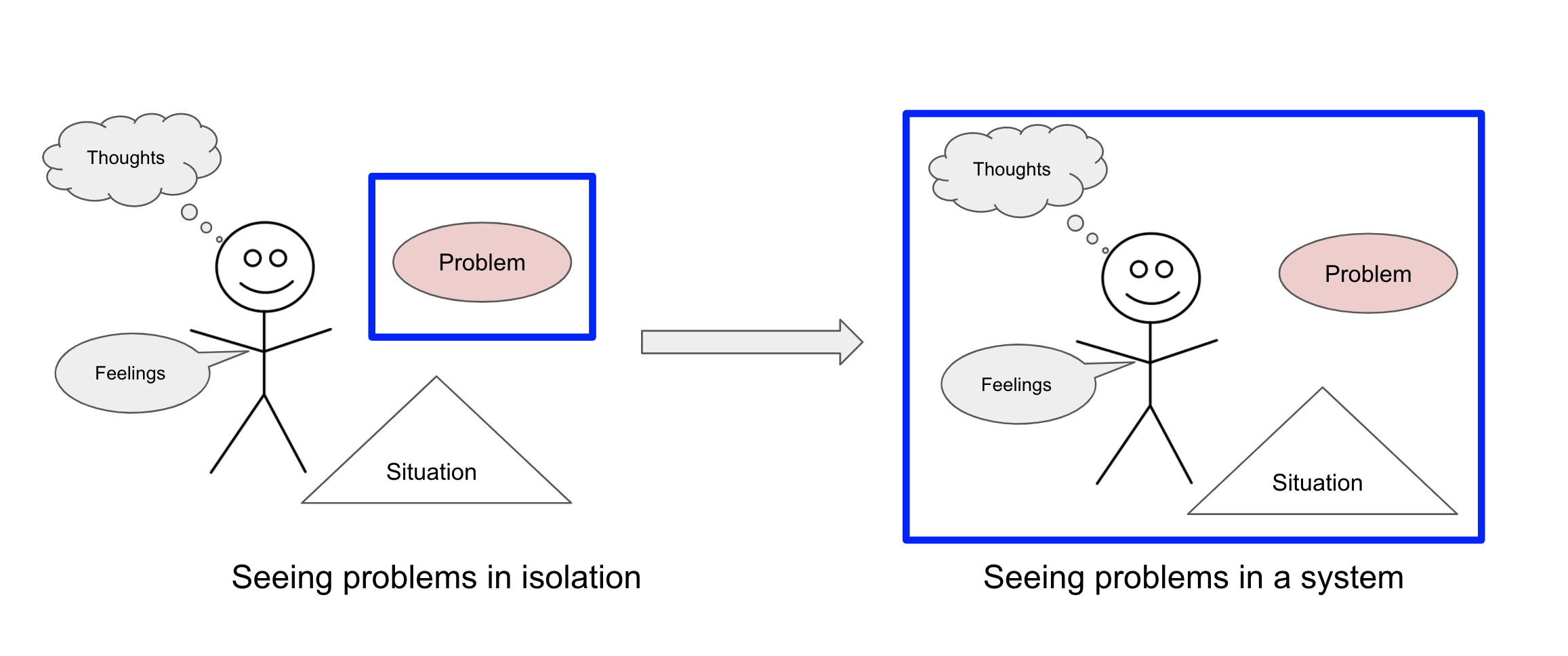I had no recollection of this communication. But there it sat in my sent folder, an email that I presumably sent to a student I was tutoring about a decade ago.
Here’s the email in its entirety.
Please redo.
Your explanations are inadequate. Show how these activities help you reduce stress, instead of merely saying ‘~ reduces stress.’
You mentioned 2 ways of reducing stress in the first and second paragraph and stated in the third paragraph that there are two ways to reduce stress. I don’t understand what you’re trying to say. Follow this format:
- There are several ways of reducing stress. They are ____.
- Explain how these reduce stress individually.
- Choose the most effective method to reduce and state your reason for that.
The email sent shudders down my spine. Confusion and fear raced through my mind. Did I really write this? Why was I so harsh? Was I born without empathy? Am I naturally evil?
When I shared this episode with a friend, she replied, “Aww, I think we were all at some point really oblivious to others.” This got me thinking, is empathy a skill we learn as we grow?
Retracing what happened
I imagined my younger self - what I was feeling and why I communicated the way I did. Based on what I know about myself, here’s what I think happened.
I took a look at the answer to the assignment, and immediately the mistakes and opportunities for improvement jumped out to me. I proceed to communicate that in the most “efficient” manner possible by highlighting the current state, reasons why it wasn’t good, where to get to, and how to get there.
I must have thought that I was doing him a favor by getting straight to the point. I was saving him time. Heck, I cared enough to put in the time to help and craft a solution for my student! But I hadn’t considered his feelings. He could’ve been offended by my crude response, which demotivated him to heed my advice or put in his best work.
I had focused only on solving the narrow scope of work (the assignment) that I missed something bigger - that the problem doesn’t live in isolation. To ensure the most effective change, we need to start thinking in systems.
Seeing problems in isolation → Seeing problems with a system
To effect a change, we need to identify the actors and context in the system. There could be multiple actors involved, or the situation may change over time. Some problems may involve simple systems; others may involve a complicated system involving many entities. Anything involving people involves feelings.

Perhaps empathy is the ability to zoom out of the specific problem and understand the different things that surround this problem, including the actor (the person you’re talking to). This is not an easy skill to master. Everyone’s lives and situations are different and it may not be possible to understand the other person completely. However, understanding that there are different factors surrounding a person is a good start.
Empathy, then, isn’t something good people have and bad people don’t. It’s simply a skill to master. It’s a higher level skill of looking at the larger picture instead of focusing narrowly on the ‘problem’. Are people showing a lack of empathy evil? Not necessarily. They may lack the skills to look at the bigger picture.
Summary
People showing lack of empathy may simply not have had the experience to see a larger picture. Empathy can be taught. To communicate with empathy, we need to build the muscle to see various factors surrounding an issue to truly put ourselves in the other person’s shoes.
Next time you encounter a problem, try identifying different actors and factors in the system.
- -
Do you have stories about empathy? I’d love to hear from you! Tweet me at @erinejeong.
